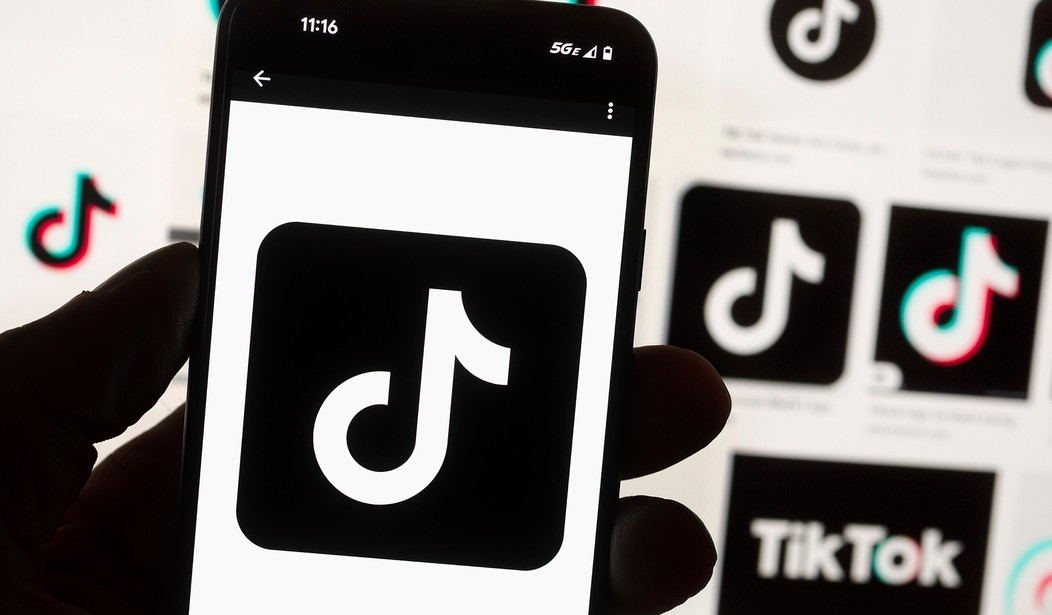The debate on the banning of the popular app TikTok in the United States has sparked much controversy and public opinion. In August 2020, President Trump issued an executive order for ByteDance, the parent company of TikTok, to divest its United States operations or face a ban due to concerns regarding national security.
There is no doubt that TikTok is an arm of the Chinese Communist Party and it blatantly steals vast swathes of personal information and threatens our national security with access to that information. TikTok has admitted that China-based employees affiliated with the Chinese Communist Party can access user data. Furthermore, a media report by Forbes in November of 2022 revealed that TikTok is failing to protect children from sexual abuse by adults. Studies show that TikTok users from ages 4 to 18 spend 107 minutes a day on TikTok. President Trump was right to have ordered a ban on new downloads of the Chinese app and Biden was foolish to have revoked Trump’s executive order. Safeguarding national security and the well-being of innocent children is something both democrats and Republicans should agree is a top priority.
In light of these very concerning abuses, a bipartisan coalition of members of Congress calling for an outright ban on TikTok in the United States recently introduced the RESTRICT Act, legislation that would ban foreign technologies and companies from operating in the United States if they pose a national security threat. TikTok, estimated to be used by 150 million Americans, is by far the most popular social media app where users create short-form videos and, while not outright named in the legislation, is the obvious target of the RESTRICT Act.
Recommended
The RESTRICT Act has been touted by lawmakers as a necessary measure to protect American consumers from the potential misuse of the data by foreign companies yet data privacy concerns affect all big tech companies and their users. The RESTRICT Act wrongly focuses solely on TikTok by single-handedly targeting the app, while other apps are left untouched and face no significant challenges by the U.S. government.
Congress must also address the issue of data privacy of other Big Tech companies such as Facebook, Google, Apple, Instagram, among others. In fact, Facebook, Google, Apple, and Instagram have all had their fair share of data privacy issues. Google and Facebook, two of the biggest tech giants in the world, have been implicated in numerous data privacy scandals. For example, Facebook knowingly to using biased content by allowing third-party apps to harvest and misuse user data to manipulate elections. Facebook even sold hundreds of millions of dollars in advertising to Russian operatives to spread fake news stories targeting Republican voters to hurt Donald Trump’s chances of winning. Google, which has an outright monopoly on global internet searches, uses data to promote election bias and has been sued for tracking user location data even when users have turned off location services. Similarly, Apple has been accused of allowing third-party apps to access users' microphone and camera data. Yet Congress has not sought to ban them.
If the RESTRICT Act is truly meant to take steps to protect American consumer data, then BIG Tech, including Google and Facebook, should not be given a pass despite their numerous abuses related to privacy data. It is crucial that Congress take data privacy seriously across all social media platforms and that should be reflected in any legislation Congress considers, including the RESTRICT Act.

























Join the conversation as a VIP Member